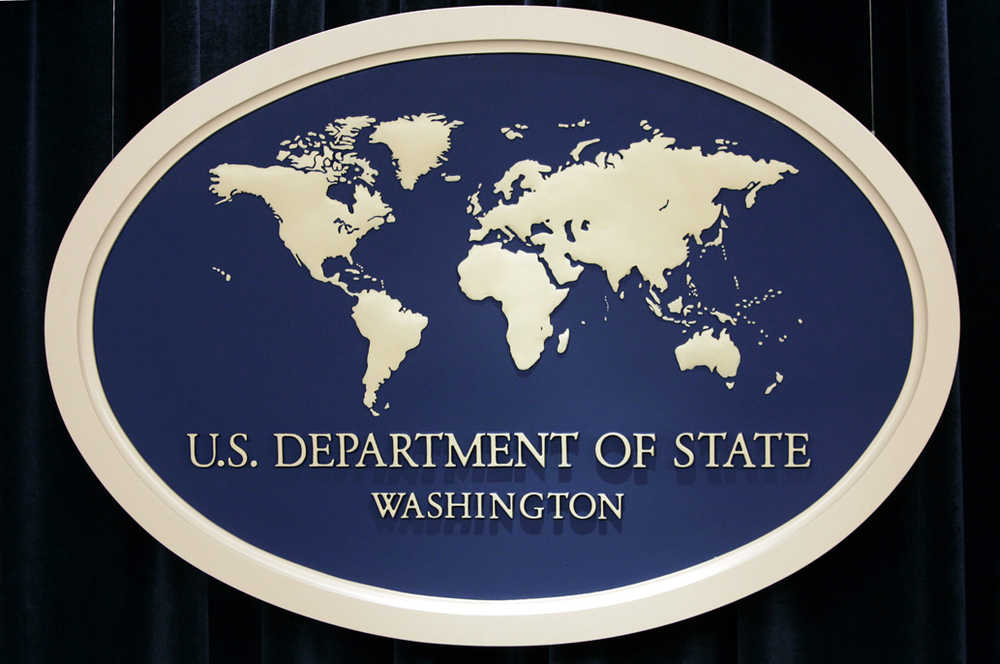WASHINGTON — Hillary Rodham Clinton has come under fierce criticism for doing business over personal email while secretary of state, putting sensitive data at risk of being hacked. But her communications may not have been any more secure had she used a State Department email address, judging by years of independent audits that excoriated the department over poor cyber security on Clinton’s watch.
The State Department’s unclassified email system was breached by hackers linked to Russia last year who stole an unspecified number of emails. The hackers hit a department that was among the worst agencies in the federal government at protecting its computer networks while Clinton was secretary from 2009 to 2013, a situation that continued to deteriorate as John Kerry took office, according to independent audits and interviews.
State Department officials don’t dispute the compliance shortcomings identified in years of internal audits, but argue that the audits paint a distorted picture of their cybersecurity, which they depict as solid and improving.
“We have a strong cybersecurity program, successfully defeating almost 100 percent of the 4 billion attempted intrusions we experience each year,” spokesman Mark Toner said.
Two successive inspectors general haven’t seen it that way. Based on an audit by IG Steve Linick, State scored a 42 out of 100 on the federal government’s latest cybersecurity report card, earning far lower marks than the Office of Personnel Management, which suffered a devastating breach last year. State’s scores bested only the Department of Health and Human Services and the Department of Housing and Urban Development.
The hack from Russia was so deep that State’s email system had to be cut off from the Internet in March while experts worked to eliminate the infestation.
Clinton approved significant increases in the State Department’ information technology budgets while she was secretary, but senior State Department officials say she did not spend much time on the department’s cyber vulnerabilities. Her emails show she was aware of State’s technological shortcomings, but was focused more on diplomacy.
Clinton’s campaign staff did not respond to repeated and detailed requests for comment.
Emails released by the State Department from her private server show Clinton and her top aides viewed the department’s information technology systems as substandard and worked to avoid them.
“State’s technology is so antiquated that NO ONE uses a State-issued laptop and even high officials routinely end up using their home email accounts to be able to get their work done quickly and effectively,” top Clinton aide Ann-Marie Slaughter wrote in an email to Clinton on June 3, 2011.
Under Clinton and Kerry, the State Department’s networks were a ripe target for foreign intelligence services, current and former government officials say, echoing the situation at OPM, which last year saw sensitive personnel data on 21 million people stolen by hackers linked to China.
The Russian hackers who broke into State’s email system also infiltrated networks at the Defense Department and the White House, officials say, and no clear line can be drawn between their success and State’s dismal security record.
But as with OPM, State’s inspector general identified many of the same basic cybersecurity shortcomings year after year, and the department failed to correct them, records show.
State Department officials say that only email was taken in the hack, and that no sensitive databases were breached. The National Security Agency conducted a classified assessment and deemed the breach significant and severe, two officials say.
Those officials, and many others interviewed for this story, declined to be quoted because they were not authorized to address the matter publicly.
Although the hacked email system was unclassified, State Department personnel regularly use it communicate very sensitive information. It would be valuable intelligence for a foreign adversary, officials say.

